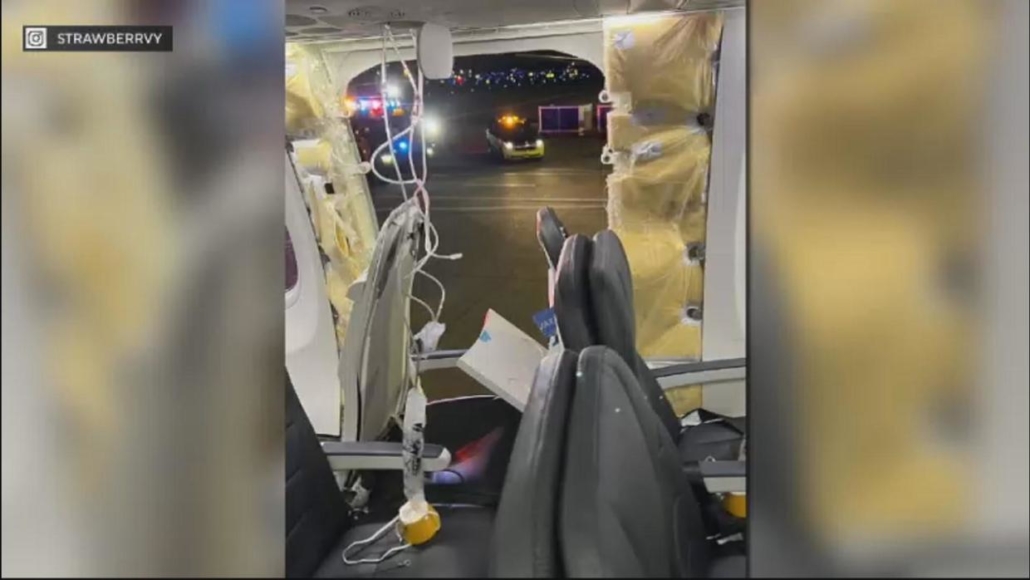
Photo Via Armature Works Facebook Page
Armature Works is a family-friendly gathering space, so what could have led to a shooting there in the late afternoon on a Tuesday? See what investigators have uncovered about this terrible shooting.
Shots Fired at Armature Works
Armature Works is a mixed-use space featuring a variety of restaurants, bars, and indoor and outdoor seating areas. It is family-friendly and accommodating to people of all ages, making it a popular place day and night. This is why it came as a surprise when gunshots rang out on the property on the afternoon of April 9, 2024.
Police were called to the 1900 block of North Ola Ave. in Tampa around 4 p.m. Gunshots were reported outside of the main Armature Works building in the areas near Stones Throw, a walk-up restaurant and bar located along the Hillsborough River.
When police arrived, they found three people had been shot. According to ABC Action News, the victims included a 47-year-old woman who was shot in the arm, a 28-year-old woman who was shot in the ankle, and a 36-year-old woman who was grazed by a bullet. Two of the victims were taken to a nearby hospital. The third received care at the scene.
None of the injured parties were seriously injured, and none were involved in the altercation that led to the shots fired. So, who was?
What Led Up to the Shooting?
Police believe they know what happened leading up to the gunshots. According to reporting by the Tampa Bay Times, two groups of teen boys, ages 13 to 19, were responsible. It started in the Armature Works bathrooms when a 13-year-old boy, who has not been named, is said to have thrown water on another boy, 17-year-old Gabriel Catuy. The two boys had a physical altercation which led to the younger boy going to get his older brother.
Video captured the boy leaving the area and later returning with his older brother, 19-year-old Jaimartez Young. The teens approached Catuy and his group of friends, and opened fire. In the video, Catuy and his group duck. Catuy is handed a gun, and he fires back at Young and his brother.
The shots hit the three victims who were not involved in the altercation, as well as the 13-year-old Authorities say a fourth person arrived at the hospital with non-life-threatening gunshot wounds, and it was Young’s brother.
Related: What to Ask During a Free Consultation with a Lawyer
Two Teen Arrests Made
On the day of the shooting, Catuy was arrested and charged with attempted murder in the second degree with a firearm and a felon in possession of a firearm.
Young turned himself in to authorities the day after the shooting. He was charged with attempted murder in the first-degree, premeditated discharge, possession of a firearm during the commission of a felony, and discharging a firearm in public.
Young’s attorney, Rick Escobar, says he will make this a case of self-defense. He recently told FOX 13, “I can tell you that certainly, it was not my client that was involved in the verbal altercation. But I can tell you certainly — that without question — my client’s little brother was attacked. Not only attacked but shot.”
It’s unclear if prosecutors and a jury will agree with Escobar’s assessment of the situation.
Related: If You’re Arrested for a Crime, Immediately Take These 6 Steps
Youth Gun Violence in Tampa
This shooting is a reminder of another incident between two groups of young people that led to shots fired in a crowded public place. In October 2023, a shooting in Ybor left 16 injured and two people dead.
In the wake of the two shootings, the Tampa Police Department will begin implementing $1.5 million in federal grant money in an effort to reduce and prevent youth gun crimes. Per WTSP, Tampa received a $1.5 federal grant from the Department of Justice in 2022. The money was allotted for the area to develop and implement a community violence intervention and prevention initiative. The money will now be used in part to curb the causes that lead to gun violence among young people.
Although both of the people involved in the Armature Works shooting are teenagers, it appears that they will both be charged as adults for their crimes. Both individuals are being charged with attempted murder which could have penalties from 25 to 15 years in prison.
If you have questions about a pending criminal case, schedule a call with TJ Grimaldi. Request your consultation or call 813-226-1023.
Support Individuals Impacted by Gun Violence
As a board member of The Oulson Family Foundation, TJ Grimaldi works to support young people impacted by gun violence. The Oulson Family Foundation helps children get the resources they need in the wake of being impacted by gun violence.
The foundation was founded to honor the life and legacy of Chad Oulson, whose life ended after a senseless act of gun violence. Learn more about The Oulson Family Foundation and see how you can help support children impacted by gun violence.






